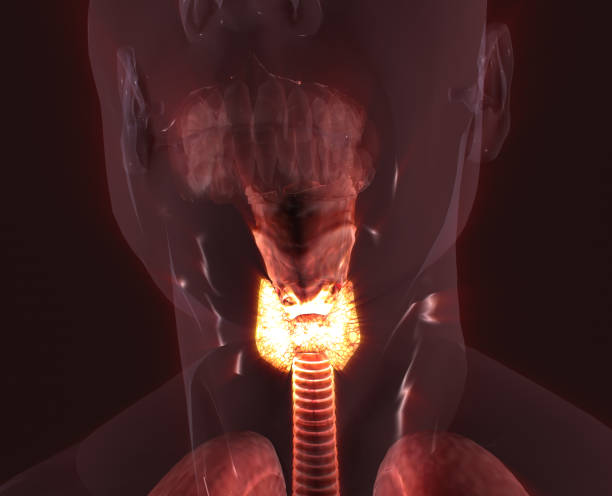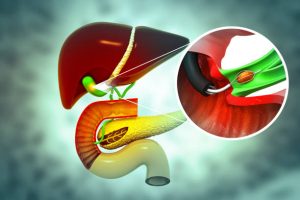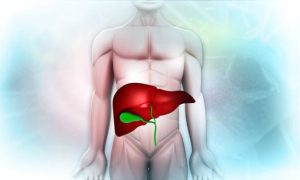
Thyroid problems
Burning Mouth Syndrome (BMS) is a condition characterized by a burning sensation in the mouth without an obvious cause. Here’s a comprehensive overview:
Causes
- Nutritional Deficiencies: Deficiencies in vitamins, particularly B vitamins, iron, and zinc.
- Hormonal Changes: Menopause-related changes or hormonal imbalances.
- Dry Mouth (Xerostomia): Decreased saliva production leading to a dry and burning sensation.
- Medication Side Effects: Certain medications, like antihypertensives or antidepressants, can cause a burning sensation.
- Oral Infections: Fungal infections like oral thrush or viral infections.
- Allergic Reactions: Reactions to dental products, foods, or preservatives.
- Psychological Factors: Stress, anxiety, and depression can contribute to BMS.
- Gastroesophageal Reflux Disease (GERD): Acid reflux can irritate the mouth and throat.
- Autoimmune Conditions: Conditions like Sjögren’s syndrome or lupus.
Risk Factors
- Age: More common in older adults, especially women after menopause.
- Gender: More prevalent in women than men.
- Mental Health: Stress, anxiety, and depression can increase the risk.
- Medical Conditions: Individuals with conditions like diabetes or autoimmune disorders.
Symptoms
- Burning Sensation: Often felt on the tongue, lips, gums, or roof of the mouth.
- Dry Mouth: Increased sensation of dryness in the mouth.
- Altered Taste: Changes in taste or a metallic taste.
- Sore Mouth: Sensitivity or soreness in the oral mucosa.
- Thirst: Increased feeling of thirst due to dryness.
Diagnosis
- Medical History: Review of symptoms, medication history, and dietary habits.
- Physical Examination: Oral examination to check for signs of infection or lesions.
- Laboratory Tests: Blood tests to check for deficiencies, autoimmune conditions, or infections.
- Salivary Flow Test: To assess the production of saliva.
- Patch Testing: To identify possible allergic reactions.
Treatment
- Addressing Nutritional Deficiencies: Supplementation with vitamins and minerals if deficiencies are identified.
- Medications: Prescription medications like oral rinses or topical anesthetics to reduce symptoms.
- Saliva Substitutes: Artificial saliva products to relieve dryness.
- Management of Underlying Conditions: Treating any identified medical or psychological conditions.
- Oral Hygiene: Using non-irritating dental products and maintaining good oral hygiene.
- Lifestyle Modifications: Avoiding spicy or acidic foods and managing stress.
Complications
- Impact on Quality of Life: Persistent discomfort can affect daily activities and quality of life.
- Psychological Effects: Stress and anxiety related to ongoing symptoms.
- Oral Health Issues: Potential for developing secondary oral health problems due to dryness or irritation.
Precautions
- Regular Dental Visits: For ongoing evaluation and management.
- Avoid Irritants: Steer clear of spicy, acidic, or very hot foods.
- Stress Management: Engage in relaxation techniques and manage stress effectively.
Self-Care
- Hydration: Drink plenty of water to keep the mouth moist.
- Use Gentle Oral Products: Opt for mild, non-irritating toothpaste and mouthwash.
- Dietary Adjustments: Avoid foods and drinks that exacerbate the burning sensation.
- Monitor Symptoms: Keep track of symptoms and triggers to discuss with a healthcare provider.
Burning Mouth Syndrome can be challenging to manage, but identifying and addressing the underlying causes can help alleviate symptoms and improve quality of life. If symptoms persist, it’s important to consult with a healthcare professional for an accurate diagnosis and appropriate treatment.








